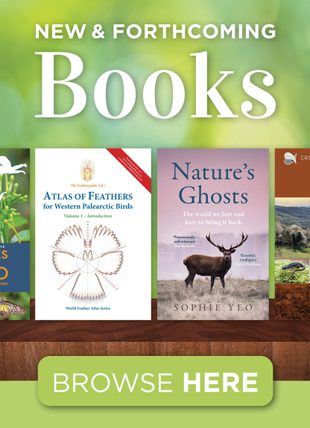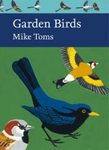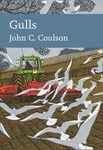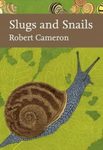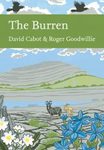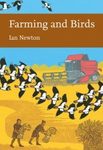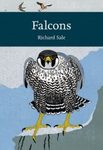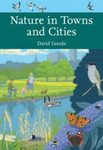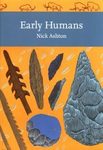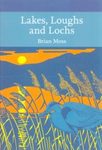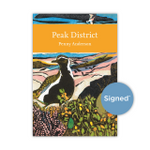![Early Humans Early Humans]()
Click to have a closer look
About this book
Customer reviews
Biography
Related titles
About this book
Our understanding of the British Palaeolithic and Mesolithic has changed dramatically over the last three decades, and yet not since H. J. Fleure's A Natural History of Man in Britain (1951) has the New Naturalist Library included a volume focused on the study of early humans and their environment.
In this long overdue new book, distinguished archaeologist Nick Ashton uncovers the most recent findings, following the remarkable survival and discovery of bones, stone tools and footprints which allow us to paint a picture of the first human visitors to this remote peninsula of north-west Europe.
As part of the Ancient Human Occupation of Britain project and subsequent research, Ashton is involved in an unrivalled collaborative effort involving archaeologists, palaeontologists, and earth scientists at different British institutes, including the Natural History Museum and the British Museum. Using an interdisciplinary approach, Early Humans explores the latest discoveries such as footprints at Happisburgh, Norfolk that are thought to be nearly one million years old, flint artefacts at Pakefield in Suffolk and mammoth remains at West Runton, among others. These remarkable remnants help our quest to unravel the interactions between the changing environments and their ancient human occupants, as well as their lifestyles and migrations.
Early humans colonised our remote corner of the European mainland time and again, despite being faced with ice age climates with far-reaching consequences. Setting the scene on the Norfolk coast almost a million years ago, Ashton tells the story of the fauna, flora and developing geography of Britain against the backdrop of an ever-changing climate. Above all, he explores how early people began as brief visitors to this wild remote land, but over time through better ways of acquiring food and developing new technologies, they began to tame, shape and dominate the countryside we see today.
Customer Reviews
Biography
Nick Ashton has been a curator at the British Museum for over 25 years, specialising in Lower and Middle Palaeolithic archaeology, and helps curate the extensive stone tool collections from these periods. He has directed and published major excavation projects at the Lower Palaeolithic sites of High Lodge, Barnham, Elveden and Hoxne (all in Suffolk). He is currently Deputy Director of the Ancient Human Occupation of Britain Project (AHOB) funded by the Leverhulme Trust. His particular interests in the project are: the earliest occupation of northern Europe, currently being investigated through fieldwork at Happisburgh (Norfolk); the early human adaptation to northern environments and the investigation of when Britain first became an island.
Monograph
By: Nicholas Ashton(Author)
354 pages, 219 colour & b/w photos, colour & b/w illustrations and colour maps
"[...] Nick Ashton pursues his theme with knowledge, obvious enthusiasm and a style that is accessible and pleasant to read. As with all good science writing, it is about the nature of discovery as much as the revealed facts. For the non-specialist, the digs and the caches of flint and bone which they uncover may become a little repetitious and, although the story is a long and convoluted one, it hardly bears out the stated theme of early humans ‘beginning to tame, shape and dominate the countryside’. By the end of the book, Britain is still a pretty wild place. The big beasts are mostly gone, but there are still no towns, no farms and no architecture, and even Stonehenge lies in the future. Early Humans is well illustrated with historic shots of digs in progress, good maps and lots and lots of images of flint flakes and hand axes – but, funnily enough, not a single arrowhead. Maybe they came later."
– Peter Marren, British Wildlife, Volume 28(5), June 2017















